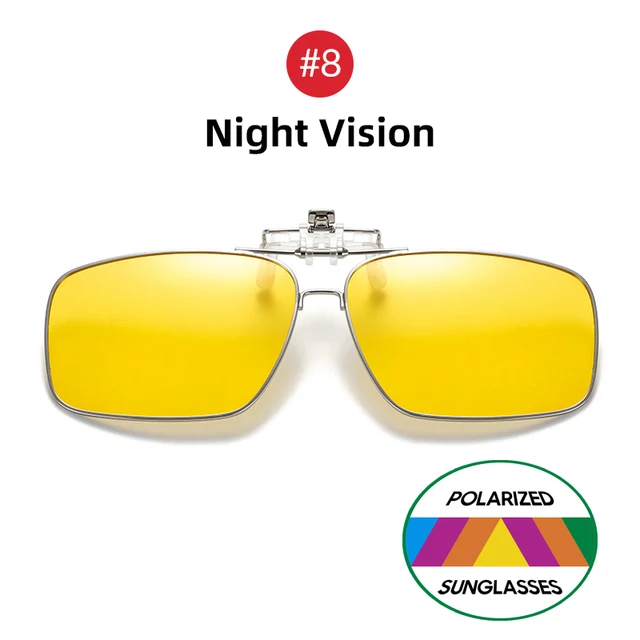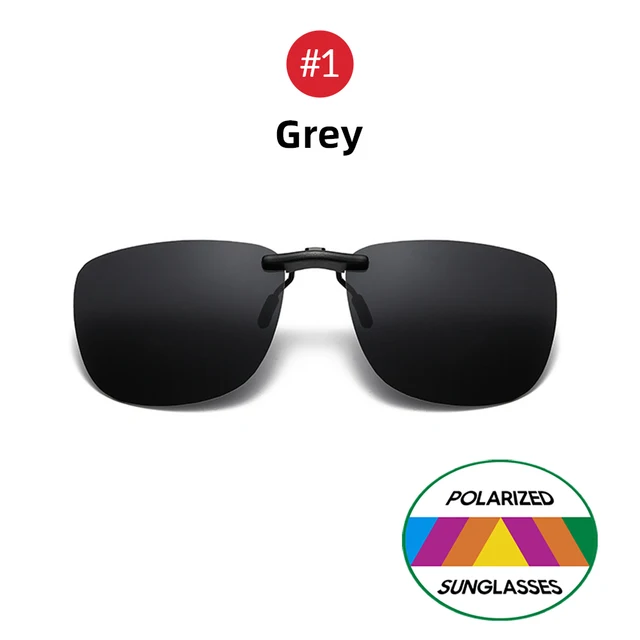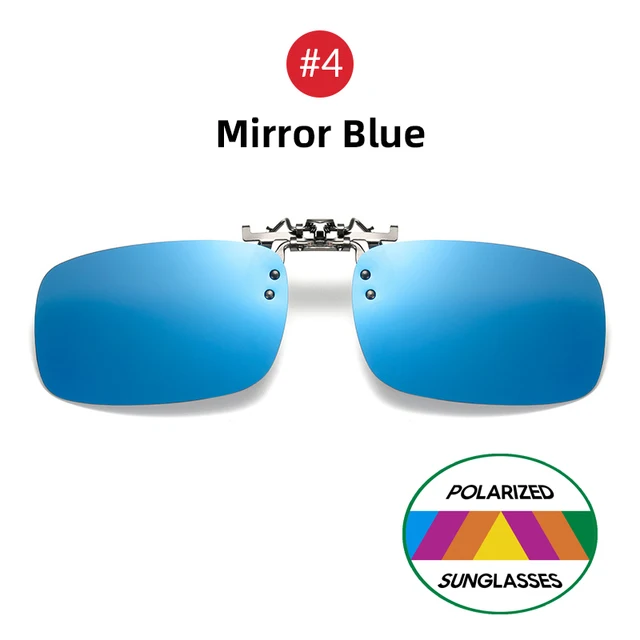The Benefits of Polarized Sunglasses: 7 Key Questions Answered
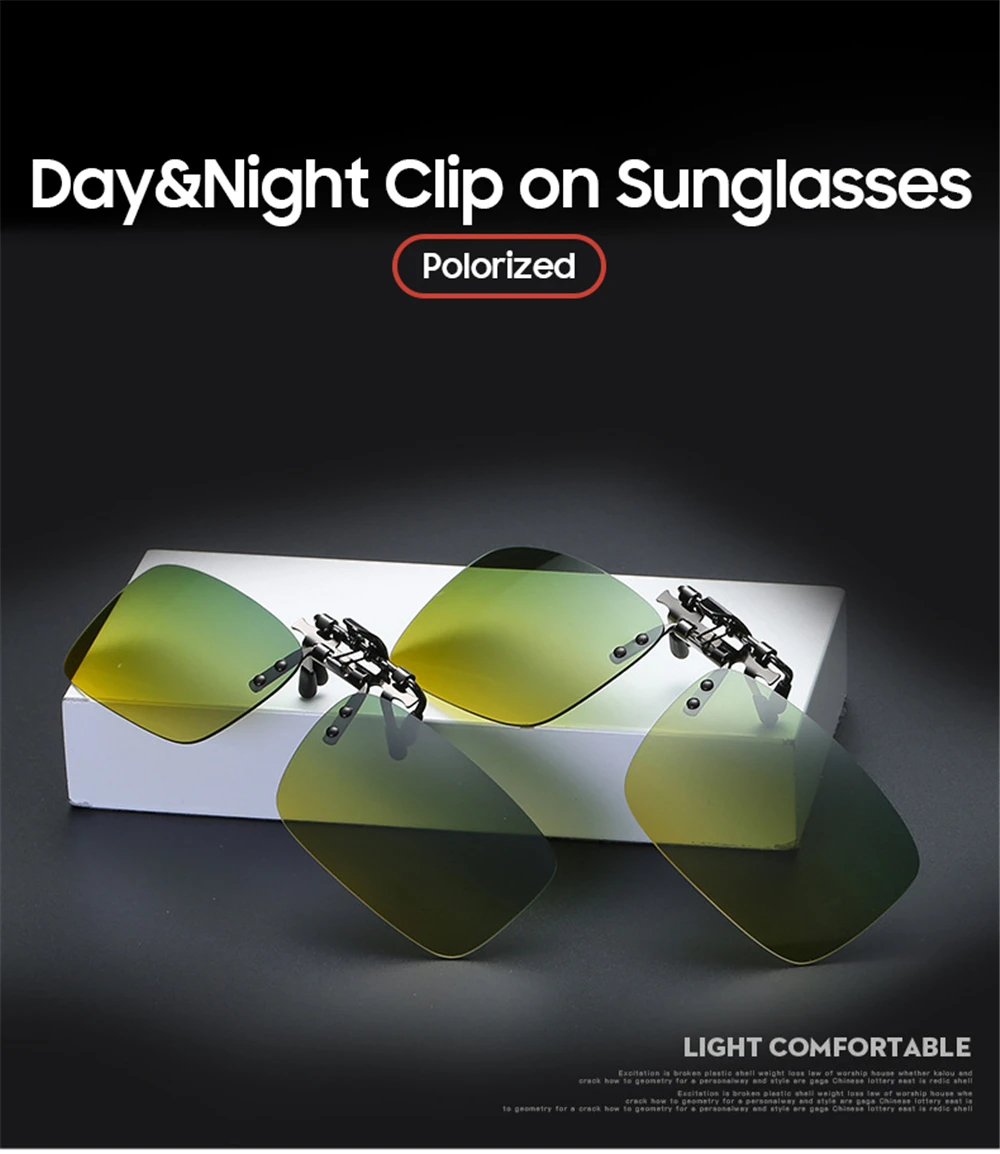
Polarized sunglasses are quite popular among people who want to reduce glare and improve their vision clarity. What sets them apart? This blog explores the facets of polarized lenses, addressing queries and uncertainties. Whether you’re thinking about buying a pair or just interested, this guide offers insights.
Do polarized lenses help with astigmatism?
Polarized lenses are mainly crafted to reduce glare from surfaces such as water, roads, and snow. While they don’t directly address astigmatism—an issue caused by cornea or lens shapes—they can still be beneficial for individuals with this condition. Astigmatism leads to blurred vision at any distance, and glare can worsen this problem. By reducing glare, polarized lenses can help those with astigmatism see clearly in bright conditions, thus lessening eye strain and discomfort.
However, it’s worth mentioning that if you have astigmatism, it’s advisable to pair polarized lenses with your prescription lenses. There are prescription polarized lenses that offer the advantages of both, providing clearer vision and minimizing glare.
Why are some expensive sunglasses not polarized?
High-end sunglasses often prioritize fashion trends, brand recognition, and specific usage scenarios over just functionality. Below are some explanations for why certain luxury sunglasses may not feature polarization:
- Fashion Takes Precedence: Luxury labels may prioritize style and brand image over the perks of polarization.
- Specific Activities: Activities like flying or using LCD screens can pose challenges with polarized lenses. For instance, pilots might find it hard to read instrument panels with polarized lenses.
- Cost of Materials and Design: The use of premium materials like metals, special coatings, or unique frame designs can drive up the price of sunglasses even if they do not include polarization.
Why can’t I see my phone screen with polarized sunglasses?
Polarized sunglasses can create visibility issues when looking at screens such as smartphones, tablets, and GPS devices because these screens also emit polarized light. When the light waves from the screen and polarized lenses meet at certain angles, they may cancel each other out, resulting in reduced visibility or a rainbow-like effect.
To address this problem:
- Adjust your head or device to change the angle.
- Choose non-polarized sunglasses when using digital devices outdoors frequently.
- Select devices with anti-glare screen protectors that work well with polarized lenses.
Can you watch TV with polarized glasses?
It’s generally not recommended. TV screens, especially LCD and LED types, emit polarized light. Wearing polarized glasses can disrupt the light from the screen, leading to distorted images, dimness, or even complete blackout depending on the angle.
For the best viewing experience, it’s best to remove your polarized sunglasses when watching TV. If you require eyewear, consider non-polarized lenses or specialized indoor glasses for screen usage.
How can you tell if polarized sunglasses are good?
Factors to consider include:
- Lens Clarity: High-quality polarized lenses should provide clear vision without distortion.
- UV Protection: Make sure the sunglasses offer 100% UV protection. Polarization and UV protection serve different purposes, both essential for maintaining good eye health.
- Testing Polarization: A simple method to check polarization is by holding the sunglasses in front of a reflective surface or an LCD screen. Rotate the lenses to see if glare decreases. Quality polarized lenses should noticeably reduce glare.
- Materials and Construction: Opt for materials such as polycarbonate or high-quality glass for the lenses and a sturdy frame build.
Discover our premium selection of polarized sunglasses for top-notch choices.
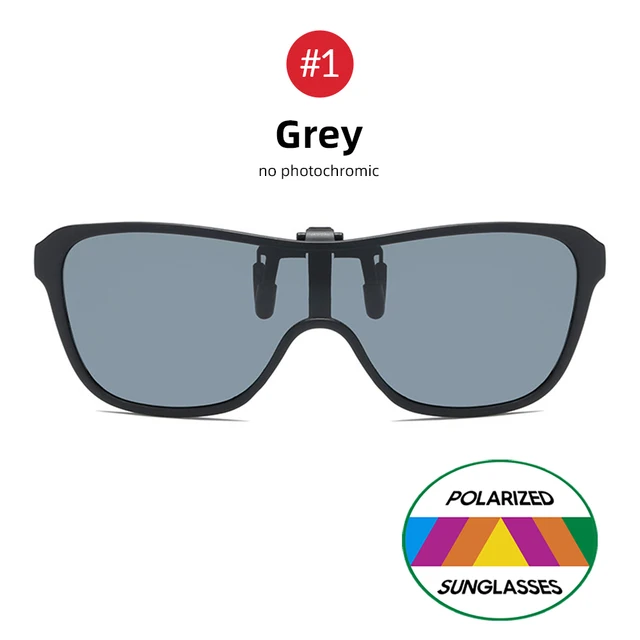
Does the color of polarized sunglasses matter?
Indeed, the color of polarized lenses plays a role and can impact vision in different ways:
- Gray Lenses: Offer natural color balance for everyday use.
- Brown/Amber Lenses: Enhance contrast and depth perception for activities like driving and fishing.
- Green Lenses: Reduce glare while boosting contrast without distorting colors, perfect for sports.
- Yellow/Gold Lenses: Effective in low-light conditions by increasing contrast and depth perception; favored by shooters and cyclists.
Select a lens color that matches your tasks and lighting conditions. Explore our array of lenses.
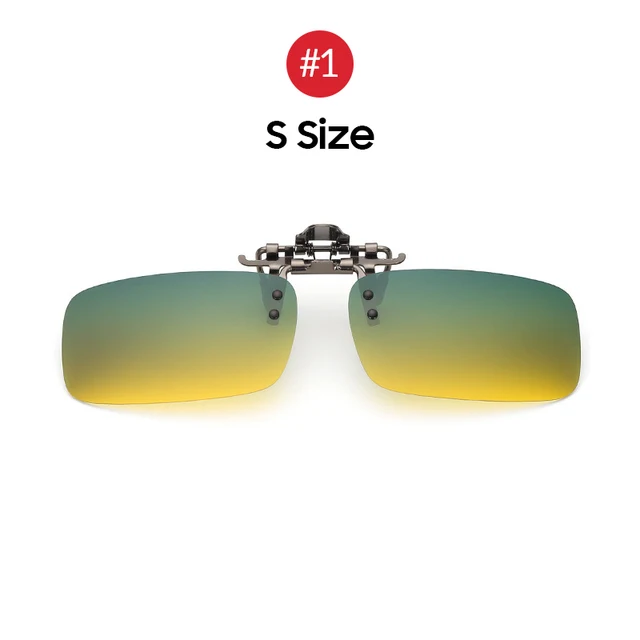
Can I use polarized glasses for a computer?
It’s generally not recommended to use polarized glasses for computer screens. Like with other digital displays, computer monitors emit polarized light, which can lead to visibility issues and color distortions when viewed through polarized lenses.
For computer use, it’s better to opt for blue light blocking glasses. These glasses are specially designed to reduce eye strain and screen glare without the polarization that could disrupt screens.
In conclusion, polarized sunglasses offer benefits such as reducing glare and improving clarity and comfort. Understanding both their advantages and limitations can help you decide based on your requirements and lifestyle. Whether you need them for outdoor activities, driving, or daily use, being aware of what features to consider in polarized lenses will ensure you make the most of your purchase. To explore a range of polarized sunglasses and lenses, check out our website for the perfect pair for your needs.





